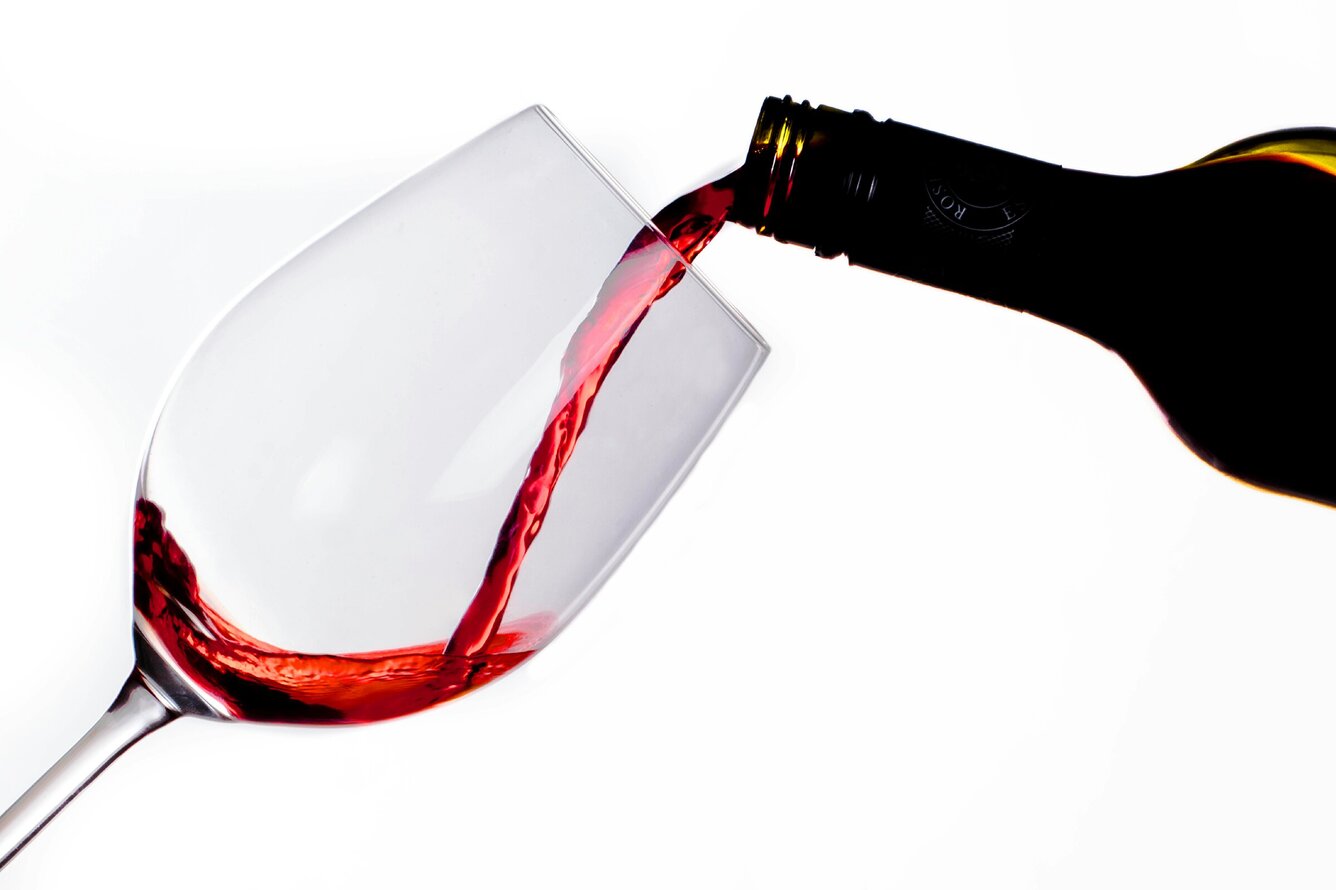To drink or not to drink – that can be a vexing question for people with migraine. As many as a third of people with migraine report that alcohol may trigger a migraine attack at least some of the time. A proportion of these people choose not to drink at all, to avoid any chance of precipitating an attack.
But as with anything related to migraine disease, it may not be as simple as “glass (or two) of wine = migraine attack”. For some people, alcohol may consistently lead to an attack, typically within 30 minutes to 3 hours, but for others it is not so clear.
The research into this is also ambivalent. Depending on the type of research, some studies find that alcohol is a trigger and others that it isn’t. What we do know is that migraine attacks often don’t have a single or obvious cause. The current theory about migraine is that we all have different thresholds for when an attack will occur. That threshold is usually reached by a combination of triggers, both internal and external, some of which you have little control over (e.g. hormonal changes around your period, for people with a uterus).
If you go out for drinks after a stressful week at work, have a late dinner of low-quality food, skimp on drinking water, sit in a pub with loud music and flashing lights, and get to bed a few hours later than usual, the alcohol could be one of many contributing factors that push you over the threshold for an attack. But if you’re well rested, on a relaxing vacation, eating fresh nutritious food and taking refreshing walks, a bit of alcohol may have no effect.
It is true that people with migraine are more prone to hangovers (the morning after headache), which could be another reason for a lower rate of drinking in those with migraine. Whether it’s the alcohol itself that causes migraine attacks or additives or byproducts in the drink is not entirely clear, but although red wine is often villainised as the worst offender, all types of alcohol have been implicated.
It can be a hard choice to cut down or cut out alcohol from daily life. Alcohol is such an entrenched part of our culture, used to celebrate and commiserate, to wind down and rark up. At festive events and summer holidays, turning down a cold beer or chilled wine can even feel rude.
But besides reducing the risk of an unwanted headache, the benefits of cutting back can be substantial. The oft-touted trope that a glass of wine is good for the heart has been exposed as a myth – the Heart Foundation now advises that any amount of alcohol increases the risk of heart disease. Alcohol also causes cancer, including breast and colorectal cancer which are both common in Aotearoa New Zealand. Alcohol can mess up your sleep, which is not what people with migraine need. It can be addictive, contribute to mental health issues and add a whole lot of calories that most of us don’t need.
If you do decide to drink this holiday season, keep it low and slow to minimise the chance of an alcohol-induced migraine attack. If you decide to give alcohol a miss, take the opportunity to check out all the non-alcoholic alternatives that are now burgeoning – kombucha, mocktails, infused and flavoured waters, iced teas. You don’t need to tell people why you aren’t drinking if you don’t want to – that it’s good for your health is reason enough.


